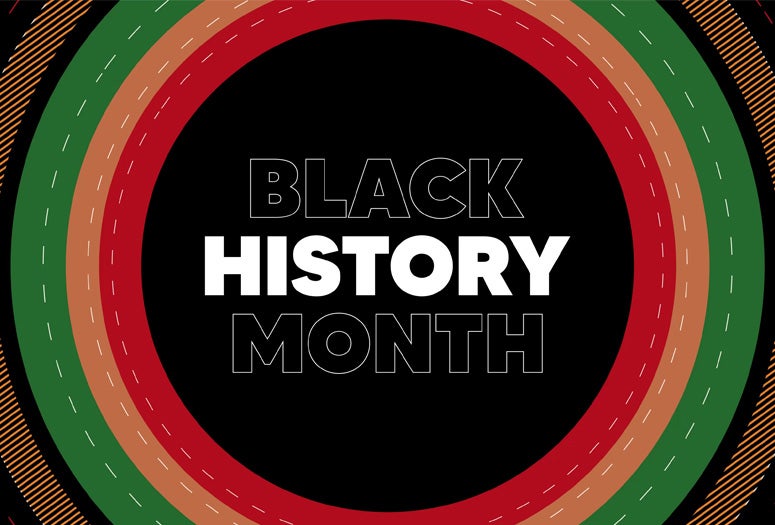
Black History Month, celebrated each February, honors the profound contributions and achievements of African Americans throughout U.S. history. This monthlong observance is an opportunity to reflect on the struggles and triumphs of the Black community while fostering a deeper understanding of their cultural impact. This year’s national theme African Americans and Labor emphasizes the central role of Black work in shaping U.S. history and democracy. At Rice University, a series of events and discussions will highlight the richness and diversity of Black culture.
Rice experts are available to provide insights into this theme and related topics:
Black labor in shaping democracy
Alexander Byrd, vice provost of diversity, equity and inclusion and associate professor of history, specializes in the Atlantic slave trade and Black life in the Jim Crow South.
“I look forward to thinking about the relationship between Black work of all kinds and the shaping of U.S. democracy,” Byrd said about this year’s national theme.
Global connections through Black history
Sherwin Bryant, director of the Center for African and African American Studies and associate professor of history, specializes in Afro-Latin America, slavery, race and the law in the Americas, Black geographies and community histories.
“We celebrate and we engage Black history critically as a mode of thinking, praxis and communing,” Bryant said. “It demands care and deep research, but more than that it connects broad populations across the Americas and the globe.”
History’s lessons and potential
Fay Yarbrough, senior associate dean of humanities for faculty and graduate programs and professor of history, focuses on 19th century U.S. history, African American history and Native history.
“Black History Month should remind us of both our nation’s painful past as well as our promise and potential,” Yarbrough said.
Broader goals of Black history
Jenifer Bratter, professor and associate chair in sociology and director of Building Research on Inequality and Diversity to Grow Equity, specializes in the sociology of race and ethnic relations, race and family demography, multiracial identities and interracial families.
“Black history often, and unfortunately, gets reduced to knowing a few figures, but the goals and its potential are so much broader,” Bratter said. “Centering the stories, experiences and contributions of Black Americans past and present shape how we understand what Black means and what America means.”
For more information or to arrange an interview with Rice experts, contact media relations specialist Brandi Smith at brandi.smith@rice.edu, or Chris Stipes, executive director of news and media relations, at chris.stipes@rice.edu.

